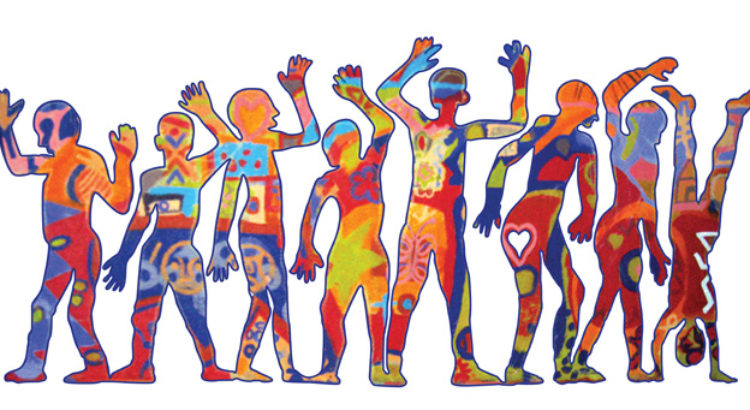By. Courier. UNESCO
“Learning to live together, by developing an understanding of others and their history, traditions and spiritual values and, on this basis, creating a new spirit which […] would induce people to implement common projects or to manage the inevitable conflicts in an intelligent and peaceful way. Utopia, some might think, but it is a necessary Utopia, indeed a vital one if we are to escape from a dangerous cycle sustained by cynicism or by resignation.” This was the recommendation in the Report to UNESCO of the International Commission on Education for the Twenty-first Century – chaired in 1996 by Jacques Delors, former French Minister of Finance and President of the European Commission from 1985 to 1994.
Two decades later, we are still searching for this Utopia – a creative form of education that forms the basis for a new spirit. But how do we get there?
The central theme of this issue of the Courier, commissioned and edited by Mary de Sousa (United Kingdom), approaches this question from several different angles. Can education really change lives? The response is ‘yes’, if we are to listen to Kailash Satyarthi (India), Nobel Peace Prize 2014 laureate, who has rescued over 85,000 Indian children from slavery, through education and employment. And how do we stop schools from becoming targets in times of war? Drawing on his experience in the field, journalist Brendan O’Malley (United Kingdom) offers some leads. Can peace be taught? The methods of the Nobel Peace Center in Oslo (Norway) provide an edifying example.
Training for global citizenship? The innovative curricula of Harvard University, designed by the Venezuelan expert Fernando M. Reimers, prove that it is possible. Is the brain drain inevitable? According to Cameroonian specialist Luc Ngwé, it is possible to turn the situation around so that everyone benefits. Why is it essential that we restore the image of the social sciences and the humanities? Find answers in the article by Jean Winand, professor at the University of Liège, Belgium.
Source:
https://en.unesco.org/courier/2018-1









 Users Today : 18
Users Today : 18 Total Users : 35460281
Total Users : 35460281 Views Today : 23
Views Today : 23 Total views : 3418991
Total views : 3418991